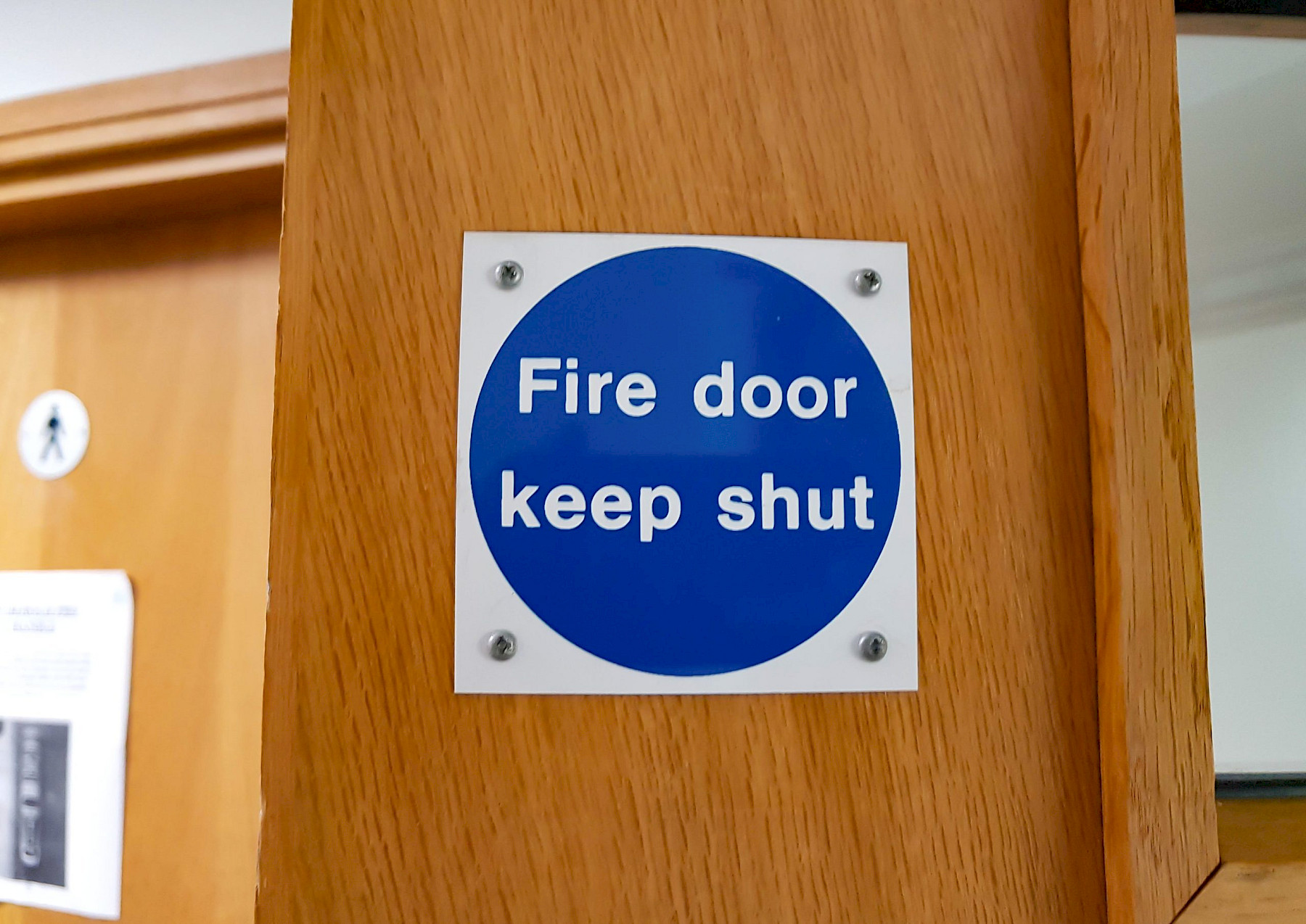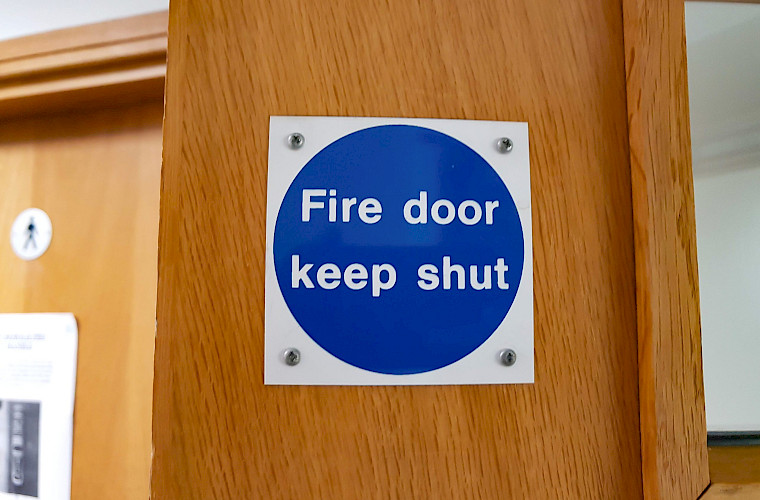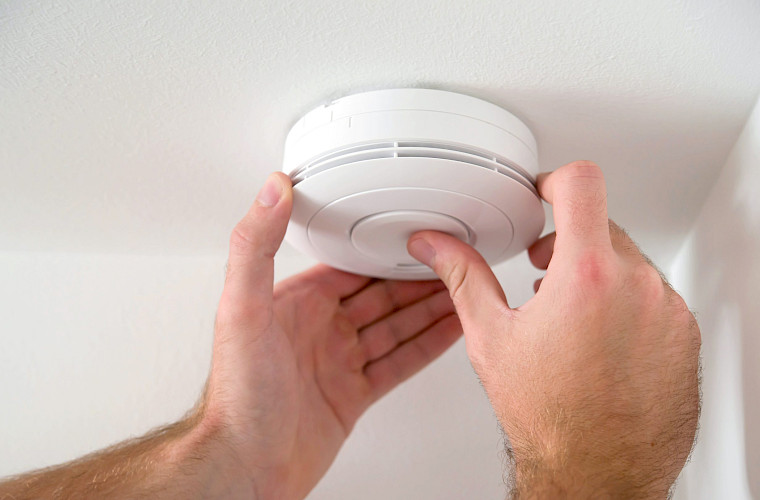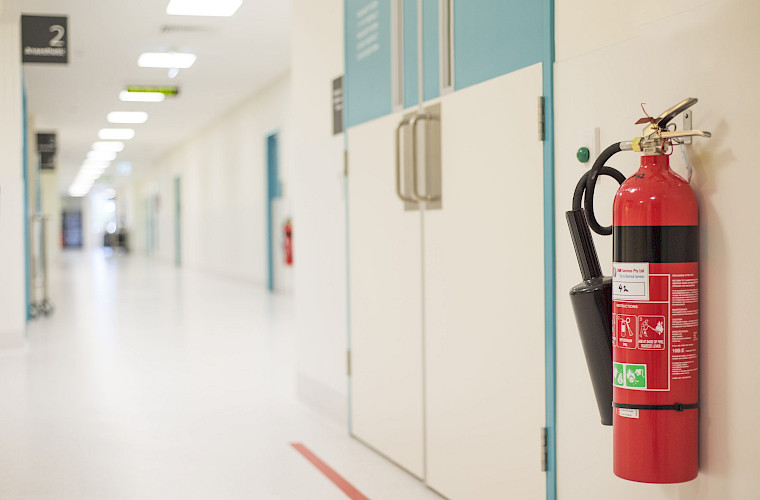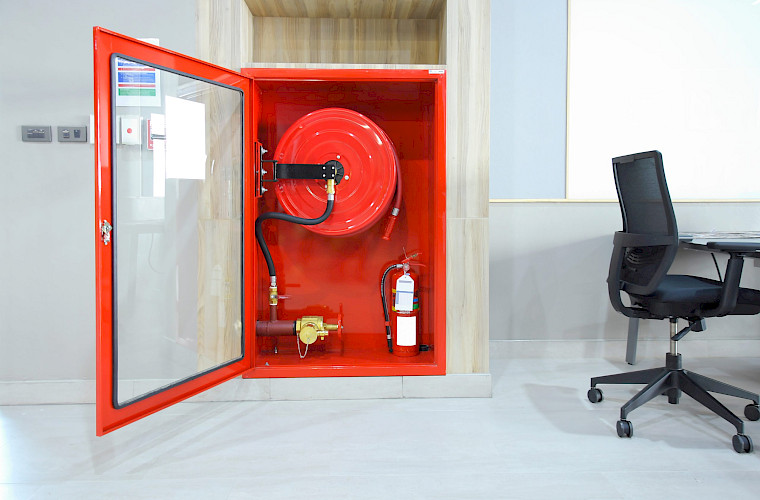Fire Doors: regulations for your business
28 August 2022
Why are fire doors important?
According to The Regulatory Reform (Fire Safety) Order (2005) the installation of fire doors must be carried out by a competent person. But what does this mean and why is it important? This person must hold the required knowledge and/or experience to install fire safety measures in a business premises. It is important that each fire door completely complies with regulations. The most common ways fire doors didn’t comply according to the FDIS (fire door inspection scheme) are missing signs and wrong hinges. While these may seem trivial to a layperson, when these doors fail, exposure to smoke and flames can occur in less than 5 minutes.
What are fire doors?
So what exactly do we mean when we say ‘fire door’? By this we mean a door that can help limit the spread of fire. Also to protect anyone in the building if a fire were to break out. As well as this it can compartmentalise damage to the property itself.Fire doors should be manufactured and certified from the British Woodworking Federation (BWF). From this manufacturer, as long as the fire door is correctly installed and maintained, it could keep a fire at bay for at least 30 minutes.
What is the difference between a regular door and a fire door?
The main purposes of regular doors is to separate rooms, improve security or provide insulation. Whereas a fire door’s main purpose is to keep heat, flames and fire separate from the rest of the building.Each door has a ‘fire resistance rating’ which can be used to determine how effective it is at preventing fire spreading and slowing down this process.
What are the fire door requirements for business premises?
Guidance for non-domestic fire doors comes in 2 forms based on horizontal or vertical evacuation routes. A vertical evacuation route refers to the use of stairs. Whereas a horizontal evacuation route refers to an escape route that is only on one level or floor.
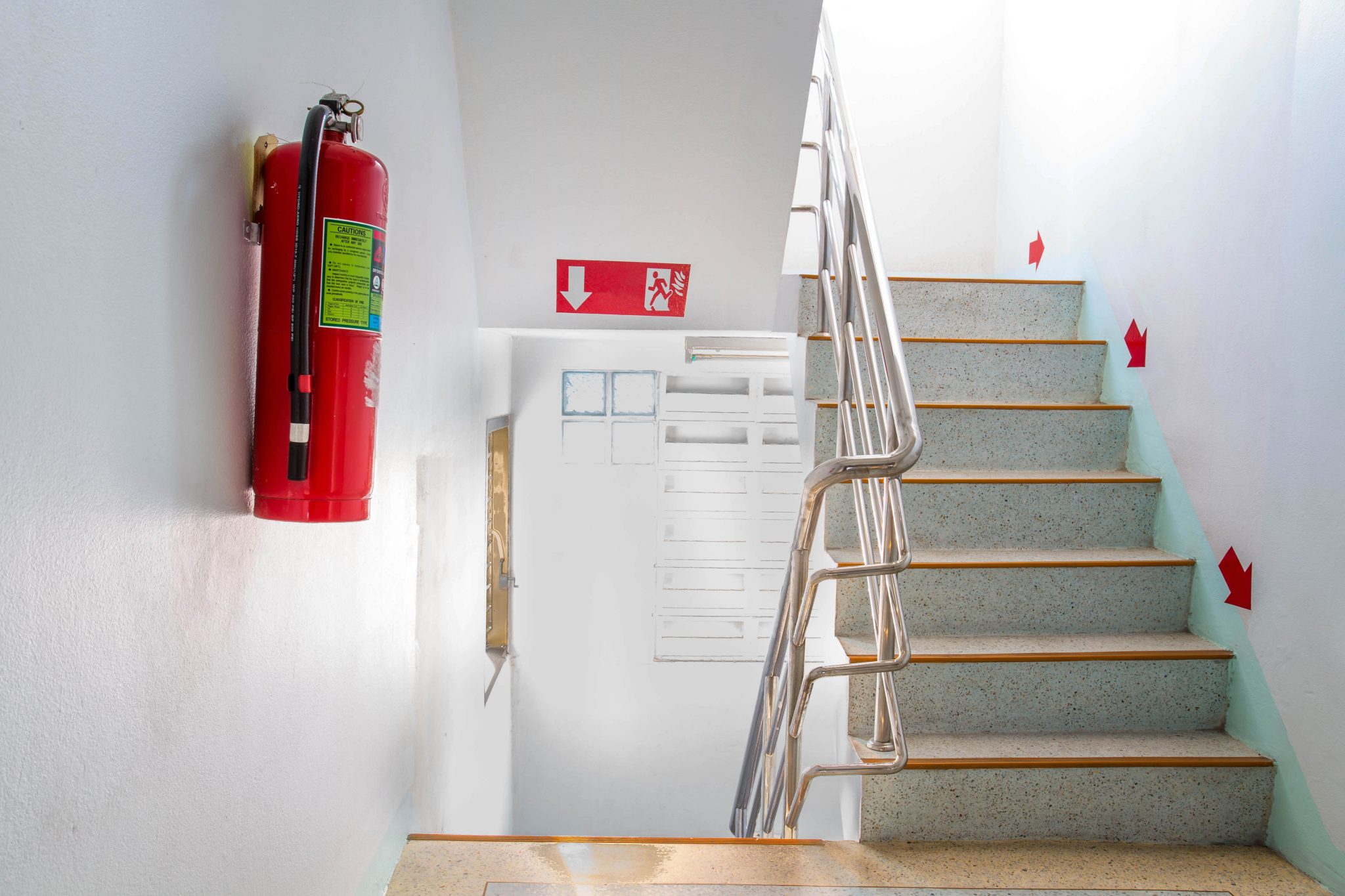
What are the standards of fire doors in the UK?
The minimum standard insists that they must give at least 30 minutes protection against fire to be classed as a fire door, these are also known as FD30. This classification used to be a 20 minute fire resistance period but has since been increased. However, in larger buildings such as office blocks it is recommended that fire doors should have at least 60 minutes resistance, also known as FD60.
So how can your business use this?
Functional and well maintained fire doors play a crucial role in ensuring your safety. Not only that, but also the safety of your employees in a situation where a fire does break out. Because of this, the UK government has laid out several fire safety laws and regulations. This ensures all non-domestic properties follow applicable guidelines.By following these guidelines you can ensure that your fire doors are in the best position to protect yourself and others from fire.
Previous Post »
Fire Alarms: are they mandatory in the workplace?
